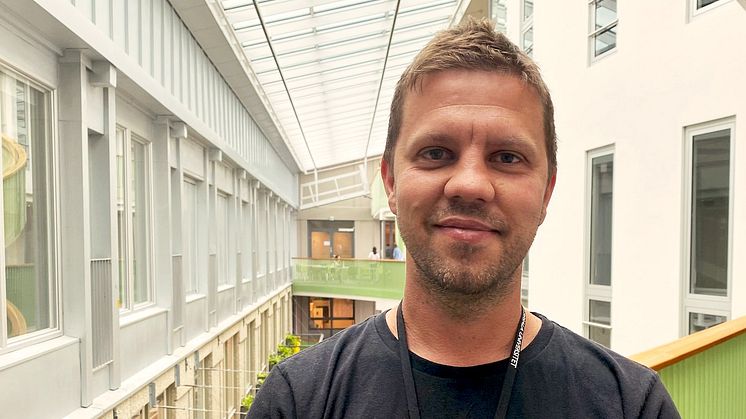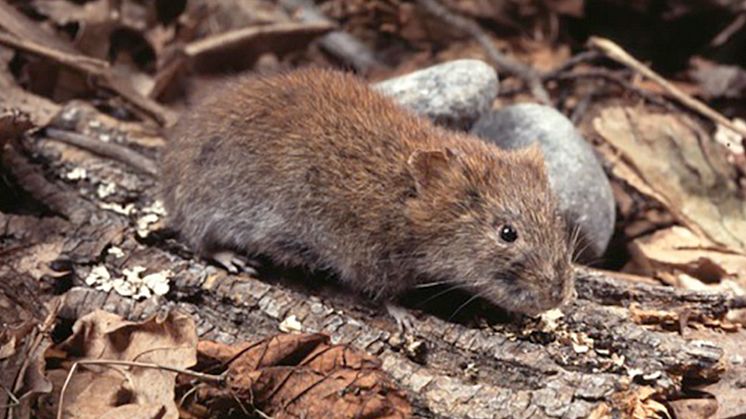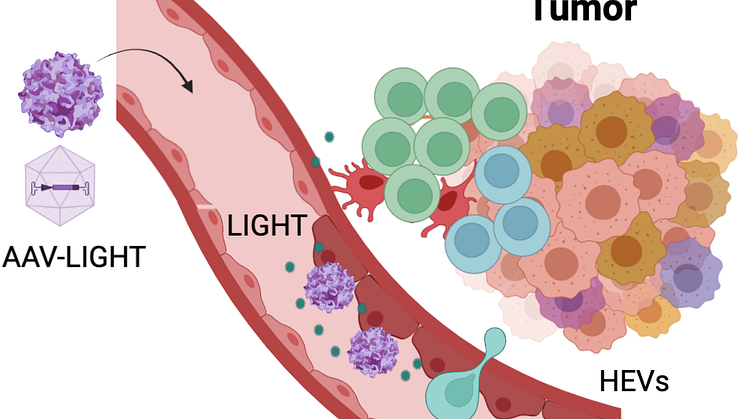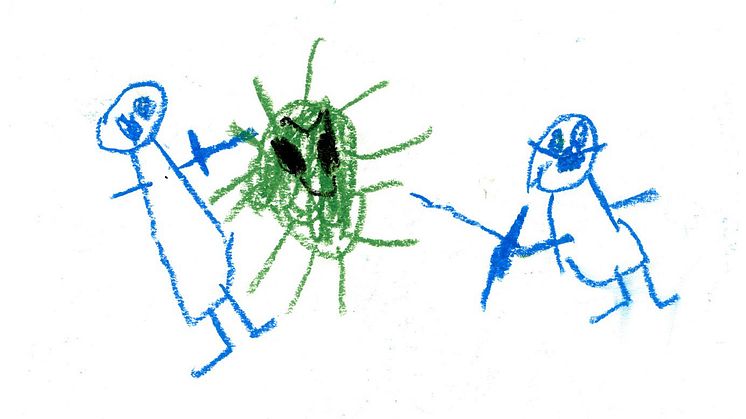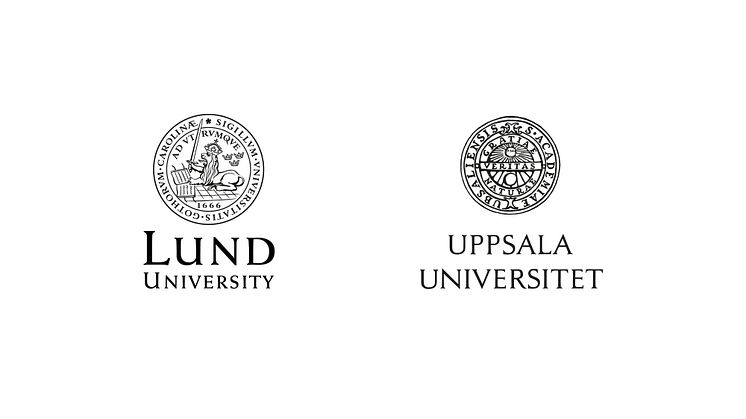New technology may enable precision treatment of pediatric brain tumours
The malignant pediatric brain tumor medulloblastoma is driven by proteins deep within the cancer cells, for which there are often no effective drugs available. Researchers at Uppsala University have identified a new genetic technique that enables targeting of tumour cells with elevated levels of such proteins. The technique could be used to eliminate cells responsible for tumour relapse.


